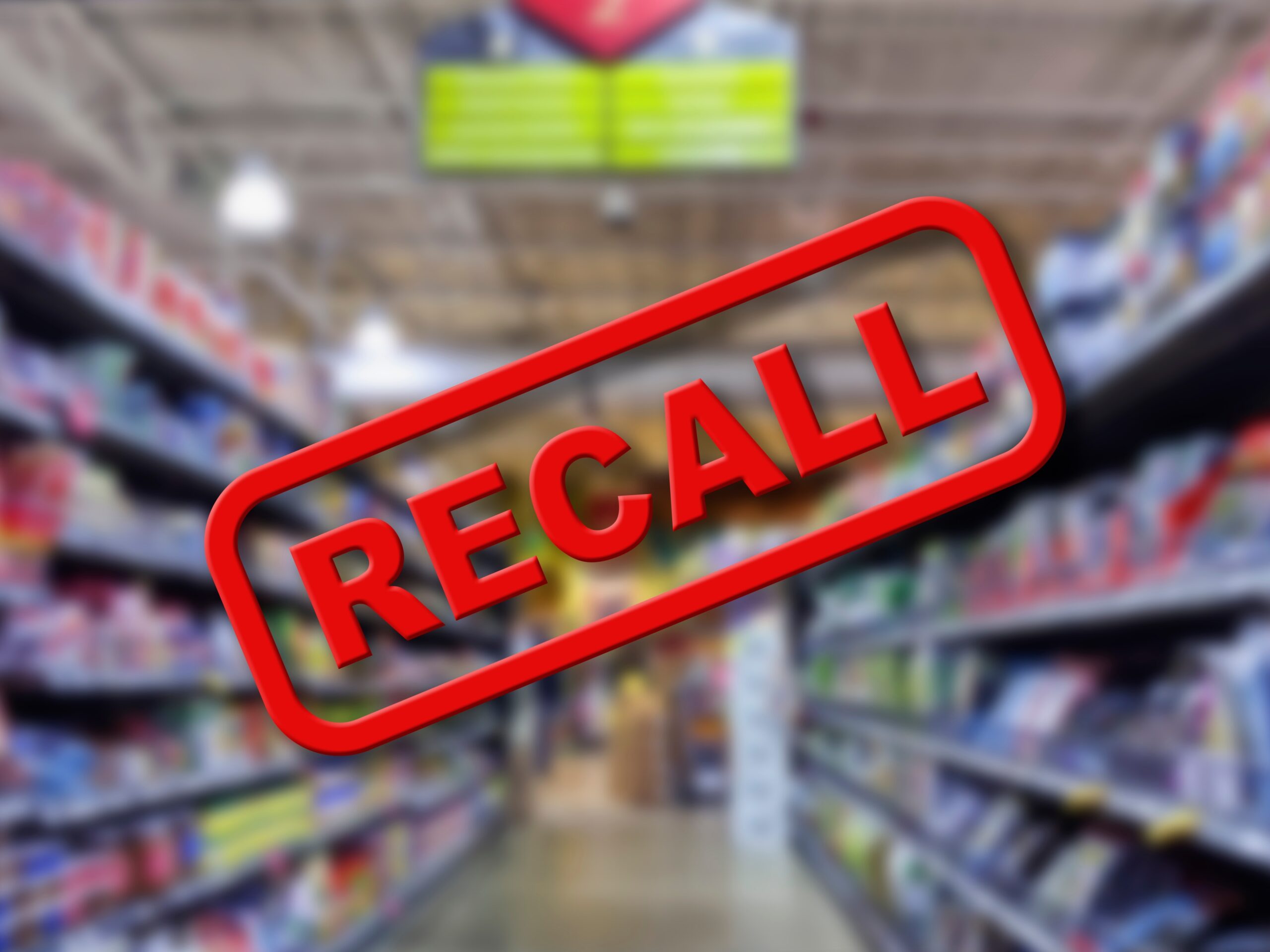The world of food recalls is tangled in complexity, yet it’s undeniably vital for consumer safety and brand reputation.
At a Glance
- Food recalls are escalating, affecting diverse products.
- Effective communication is essential to manage recalls.
- Recalls occur despite adherence to safety protocols.
- The FDA and USDA play pivotal roles in recall processes.
Escalating Issue of Food Recalls
Food recalls have seemingly become a staple headline, touching everything from eggs to baby food. While terrifying, this shows that enhanced monitoring systems now exist to protect our plates more effectively. According to “Food for Thought 2025,” these recalls are increasing, eroding public trust in food safety standards and demanding more decisive actions from companies and regulators.
Despite solid safety protocols in place, recalls still happen. Contamination, mislabeling, and links to foodborne illnesses are common culprits for pulling products off the shelves. The industry must utilize quick, honest, and transparent communication to manage these recalls effectively, avoiding delayed or vague responses that can further damage brand integrity.
A tomato recall affecting three southern states has been upgraded to a Class I recall, the most severe warning by the FDA. https://t.co/5xkgJIXPU3
— CBS News (@CBSNews) June 4, 2025
Effective Recall Management
To counteract the damage, effective recall management becomes essential. A well-managed recall emphasizes rapid information dissemination through multiple channels, offering clear, actionable instructions to consumers. Consumers must be informed not just of the recall but also about the potential dangers, refund options, and product disposal instructions. Such meticulous management strategies are vital to restore and keep public confidence.
The role of regulatory agencies cannot be understated. The FDA plays a central role in regulating food recalls, except for meat and poultry, which are under USDA’s jurisdiction. Their biweekly Enforcement Reports, along with the online USDA recalls page, provide up-to-date information, underscoring the necessity of their involvement for public safety.
Consumer Precautions
Consumers are reminded to heed recall notices, return products, or dispose of them correctly. This diligence extends to cleaning any surfaces that might have come into contact with contaminated products to prevent health risks. Vulnerable groups, such as pregnant women and the elderly, should take extra precautions. Any symptoms experienced from recalled products should be reported to healthcare providers and filed with the FDA to bolster consumer safety, reinforcing the fact that food safety is a shared responsibility.








